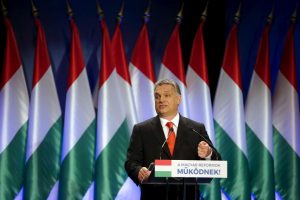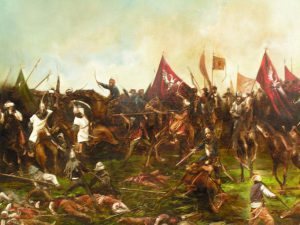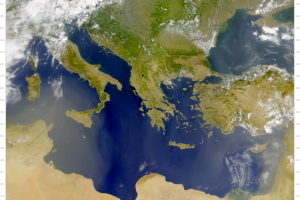Hungarian measures against Soros’ interference are of course denounced in the West as a grave violation of...
hungary
During the 1992-1995 civil war, the Chapel was neglected and vandalized. Bosnian Muslims used it as a...
A real truth on who was and is George Soros [...]
From the causes of the war, to its prosecution and its results, here are the counter-arguments to...
Washington's Hungarian media project is clearly meant to interfere in that country's domestic political environment. Here are...
Princip triggering the war implies he pressed some kind of a button that caused the war to...
Since January 1913 until June 1914 (i.e. before the Sarajevo assassination ) he formally demanded 25...
“Nobody foresaw it. Nobody was ready for it – neither in Budapest, Moscow, Washington or anywhere...
Hungarian Prime Minister Viktor Orban upped the ante in his political fight against George Soros, the mega-rich...
The cult’s writings upon Prince Lazar contain a number of facts relevant to the post-Kosovo Battle period...
Great Powers upon the spheres of influences in South-East Europe was only temporarily settled in 1782 when...
At the beginning of the 20th century the Great European Powers, divided into two totally antagonistic political-military...















